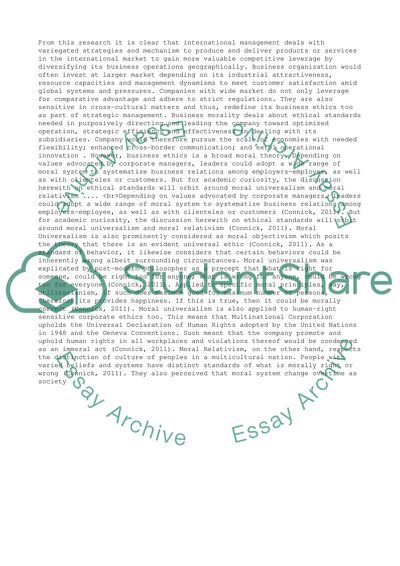Cite this document
(“International Management: Google Company in its operation in China Assignment”, n.d.)
Retrieved de https://studentshare.org/management/1391240-international-management-google-company-in-its-operation-in-china
Retrieved de https://studentshare.org/management/1391240-international-management-google-company-in-its-operation-in-china
(International Management: Google Company in Its Operation in China Assignment)
https://studentshare.org/management/1391240-international-management-google-company-in-its-operation-in-china.
https://studentshare.org/management/1391240-international-management-google-company-in-its-operation-in-china.
“International Management: Google Company in Its Operation in China Assignment”, n.d. https://studentshare.org/management/1391240-international-management-google-company-in-its-operation-in-china.


